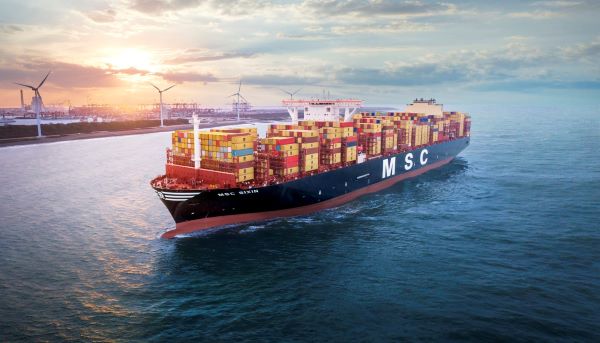The International Maritime Organization (IMO), the 175-member United Nations body responsible for developing global maritime standards, announced today that it has adopted the “IMO 2023 Strategy to Reduce Greenhouse Gas Emissions from Ships,” which includes new targets to achieve zero emissions in international shipping “up to or around 2050” and ensure the use of low-emission fuels by 2030.
Shipping accounts for about 3 percent of global greenhouse gas emissions and is expected to roughly double by 2050 under most economic scenarios.
Emissions from shipping are also the most difficult to address, as low-emission fuels, infrastructure and technologies must be developed and implemented to reduce the industry’s climate footprint.
The new agreement marks the IMO’s previous goal of reducing shipping emissions by 50 percent by 2050. IMO Secretary General Kitack Lim said: “The adoption of the IMO 2023 Greenhouse Gas Strategy is a monumental step for IMO and opens a new chapter in the carbon emissions of maritime transport.
However, this is not the final goal, it is in many ways the starting point of the work that must be further accelerated in the coming years and decades. However, with the revised strategy now agreed, we have a clear direction, a shared vision and ambitious goals that will guide us to achieve what the world expects of us, he said.
In addition to the zero target, the new strategy included a series of milestones, including a 20 percent reduction, a “30 percent reduction” by 2030 and a 70 percent reduction, “targeting 80 percent” by 2040.
The strategy also set a goal that at least 5% “aim for 10%” of energy used in international shipping to be technologies, fuels or energy sources that produce no or almost zero greenhouse gases.
The new strategy also included plans to develop measures to meet new emission reduction targets, including a marine fuel standard to regulate the gradual reduction of the greenhouse gas intensity of marine fuels and an emission pricing mechanism.
Environmental groups welcomed the increased ambition of the industry but criticized the new IMO strategy as not strong enough to support global climate goals.







